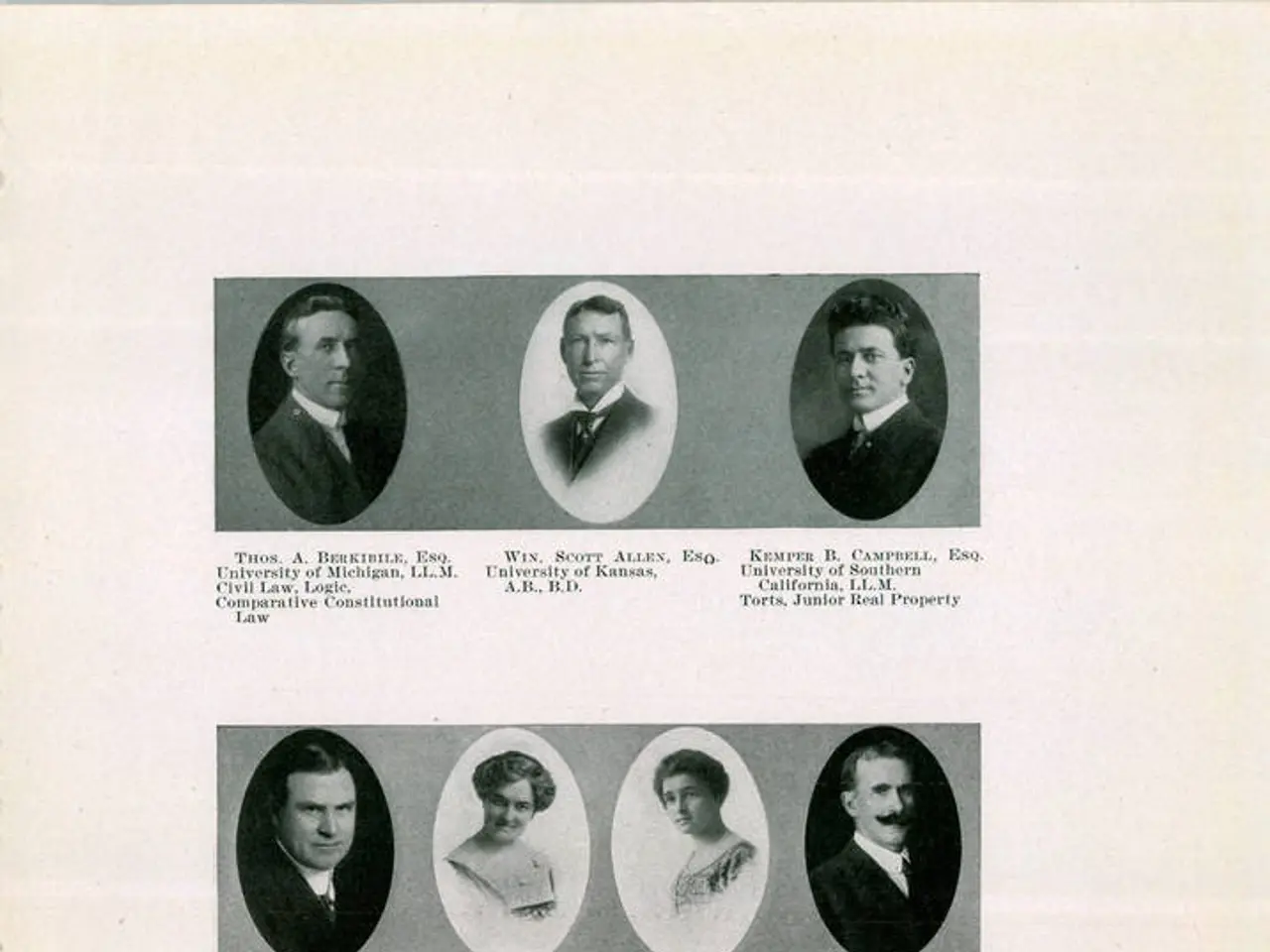In Austria, Germans have the legal option to issue passports that don't conform to traditional male or female binary classifications.
In a significant step towards inclusivity, Germany has implemented the Self-Determination Act in 2024, allowing adults to change their legal gender to a non-binary "X" marker on passports[1][4]. This law has compelled neighbouring countries like Austria, which do not have domestic non-binary recognition laws, to issue passports with the "X" marker due to EU-wide court rulings on recognition of gender changes performed in other member states.
However, the recognition of non-binary gender markers is not universal within the EU. Countries like the UK do not recognise non-binary gender in official documentation and have rejected legal challenges aimed at allowing an "X" gender marker under current gender recognition laws. UK courts have ruled that gender recognition is strictly binary (male/female), and legal battles are ongoing, including appeals to the European Court of Human Rights[2][3].
Challenges non-binary individuals face in international travel include:
- Inconsistent recognition of the "X" gender marker across countries creates difficulties crossing borders or using documents issued by other states that do not accept or recognise non-binary markers[1].
- Non-binary passports may face refusal or difficulty of acceptance by some non-EU countries, including the United States, where the federal government no longer issues passports with an "X" marker as of January 2025[1][2].
- Administrative complications and legal uncertainty cause potential denial of entry, questioning, or extra scrutiny at border controls for holders of non-binary passports.
- The absence of uniform EU legislation on non-binary recognition leads non-binary individuals to rely on cross-border recognition rulings rather than domestic laws, adding unpredictability and legal complexity to their travel experiences.
In Austria, changing the gender entry to non-binary is currently not an option; only a switch between "male" and "female" is permitted. Emil R., a dual resident of Austria and Germany, became the first person in Austria to receive an official passport with the gender entry "X" after the Vienna authority issued it[5]. Emil R. expressed that the attempt to legally define gender is absurd and throws the legislator into a crisis[6].
The European Court of Justice ruling on gender and name changes applies to all EU member states[7]. However, the legal basis for the issuance of these passports in these previous cases remains unclear[8]. The association "non-binary" suspects administrative arbitrariness in the issuance of these passports, further evidencing the lack of a uniform regulation in Austria[8].
As of mid-2025, non-binary passport recognition across EU member states remains uneven and limited. The free newspaper Heute reported this event[9]. Non-binary individuals face practical challenges in international travel because recognition of the "X" gender marker is neither uniform within the EU nor widely accepted outside it, resulting in legal and administrative obstacles at borders[1][2][3].
[1] Heute (2025). Non-binary passport holders face travel difficulties. [online] Available at: https://www.heute.at/news/non-binary-passport-travel-difficulties-10380069/
[2] The Guardian (2023). UK courts reject non-binary gender recognition. [online] Available at: https://www.theguardian.com/uk-news/2023/mar/15/uk-courts-reject-non-binary-gender-recognition
[3] European Court of Human Rights (2024). Legal battle over non-binary recognition in the UK continues. [online] Available at: https://www.echr.coe.int/documents/legal-battle-over-non-binary-recognition-in-the-uk-continues_en.pdf
[4] German Government (2024). Self-Determination Act comes into force. [online] Available at: https://www.bundesregierung.de/breg-de/aktuelles/self-determination-gesetz-tritt-in-kraft-1804182
[5] Kronen Zeitung (2025). First non-binary passport issued in Austria. [online] Available at: https://www.krone.at/oesterreich/oesterreich-news/erstes-non-binary-passport-ausgestellt-in-oesterreich-10380068/
[6] Die Presse (2025). Emil R. on the absurdity of legal gender definitions. [online] Available at: https://diepresse.com/5893086/emil-r-ueber-die-absurditat-der-gesetzlichen-geschlechtsbestimmung
[7] European Court of Justice (2024). Ruling on gender and name changes applies to all EU member states. [online] Available at: https://curia.europa.eu/juris/document/document.jsf?text=&docid=220511&pageIndex=0&doclang=EN&mode=req&dir=&occ=first&part=1&cid=305533
[8] non-binary Austria (2025). Lack of uniform regulation in Austria suspected. [online] Available at: https://non-binary-austria.at/lack-of-uniform-regulation-in-austria-suspected/
[9] Heute (2025). non-binary passport recognition across EU member states remains limited. [online] Available at: https://www.heute.at/news/non-binary-passport-recognition-across-eu-member-states-remains-limited-10380069/
Read also:
- Explored the Popular Health Assessment with a Queue of 100,000 Aspiring Participants - Here's My Unadulterated Opinion
- Hearing impairment condition: Recognizing symptoms and management approaches
- Signs of Cataracts Emergence: Impact on Vision and Further Details
- Unusual signs of lupus: Recognizing them and seeking assistance





